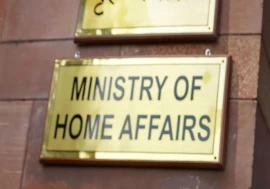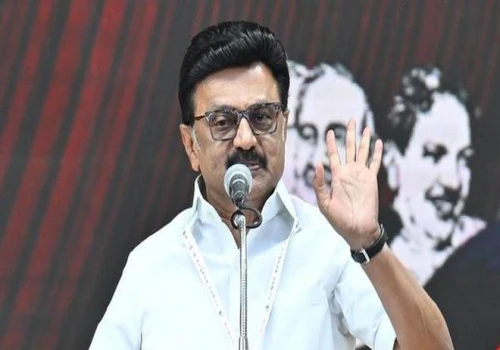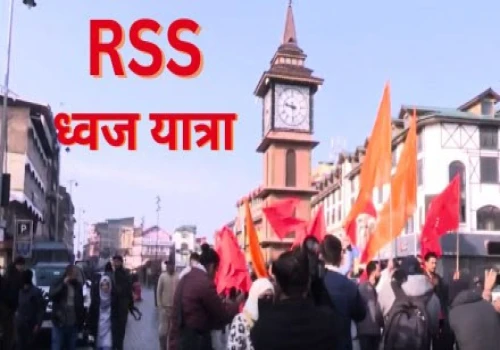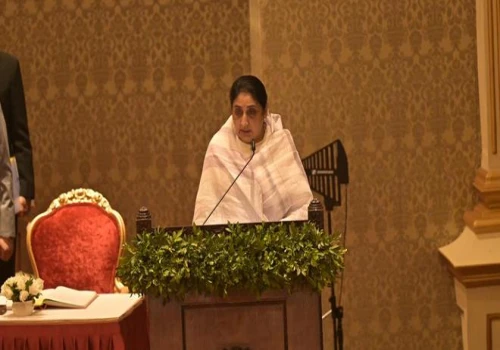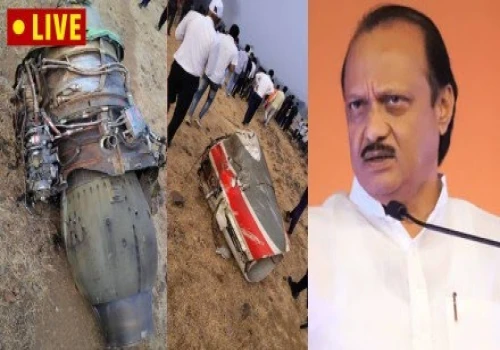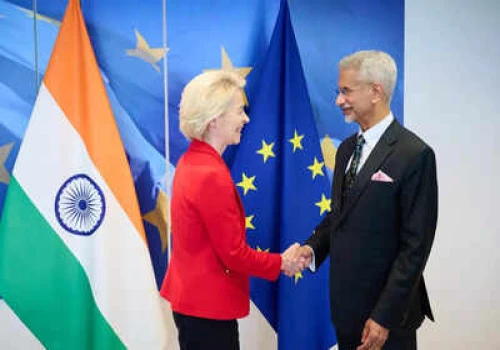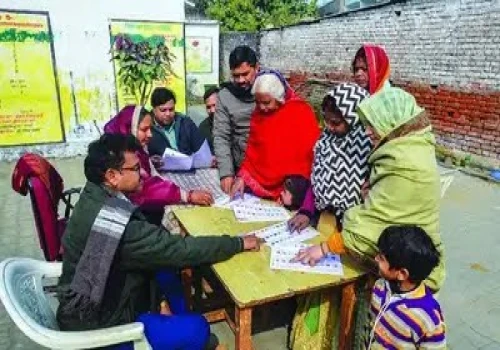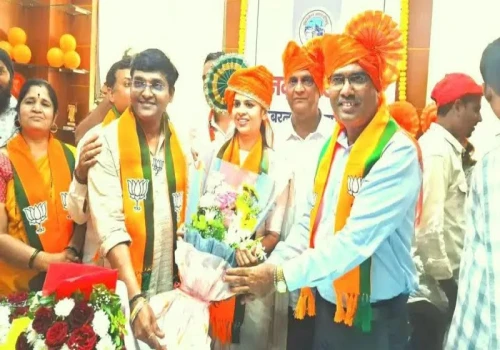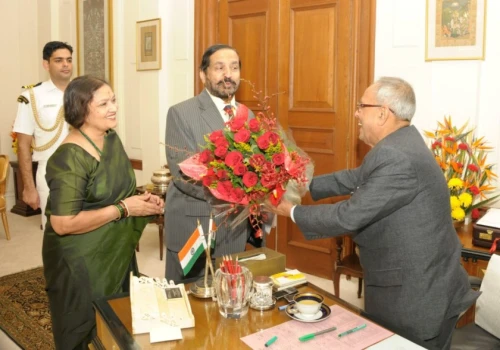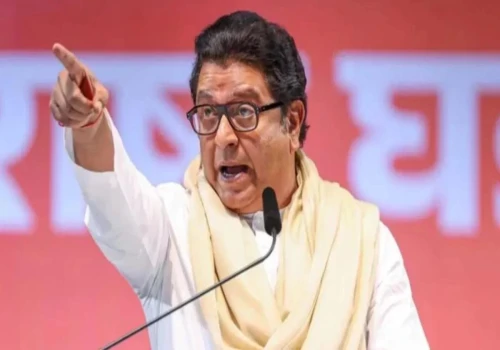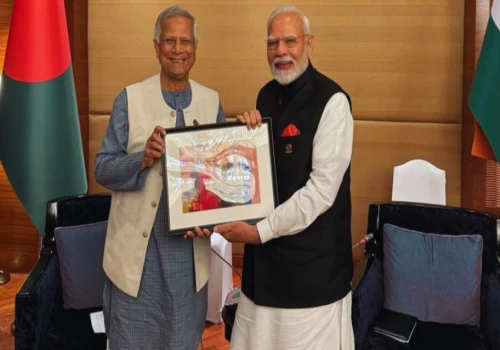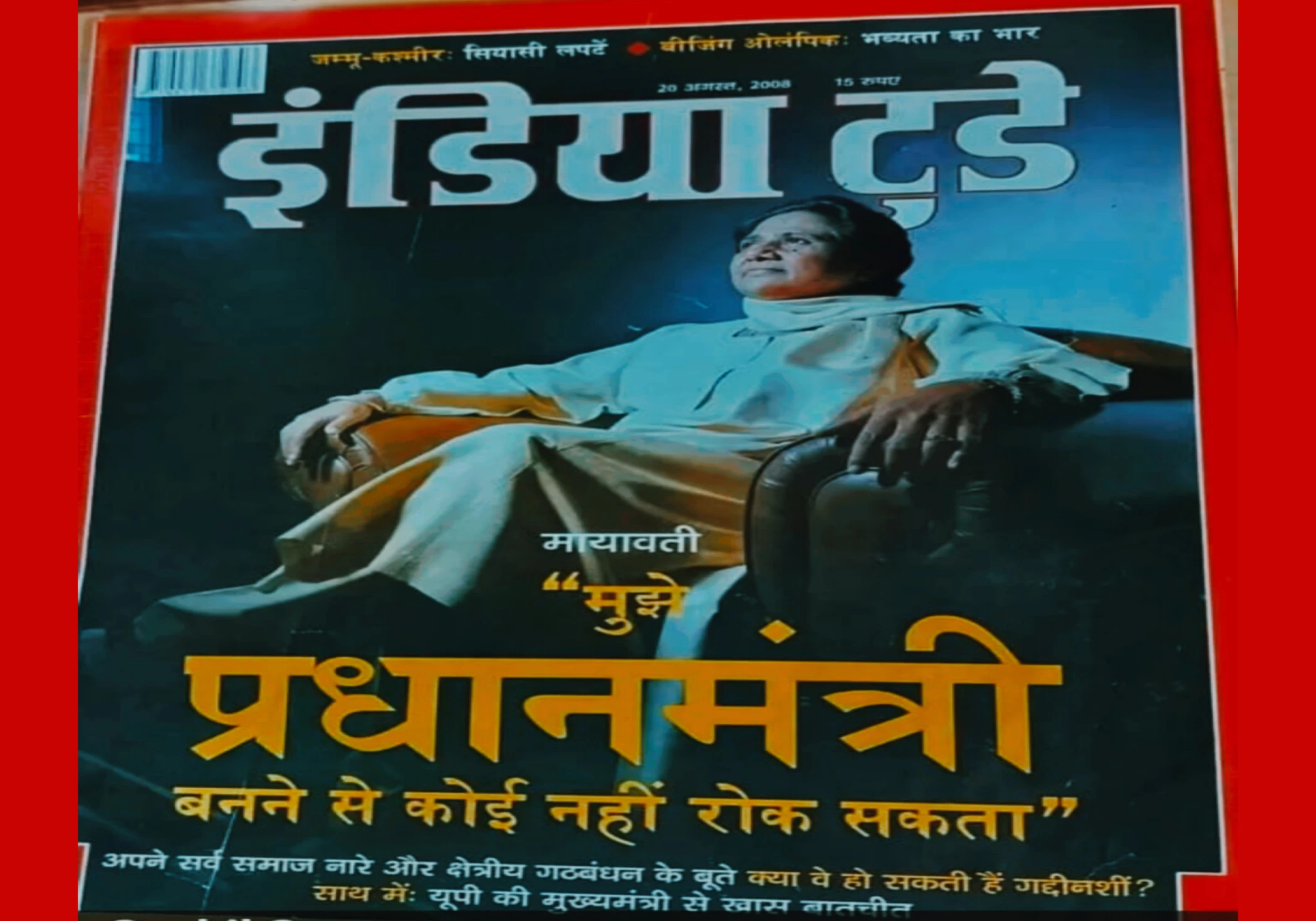
Mayawati, the leader of BSP, recently announced that her party will not form any alliances for the upcoming Lok Sabha elections. She criticized Akhilesh Yadav for rejecting an alliance. Akhlish must have recalled that in the 2019 elections, BSP won 10 seats while SP secured only 5. Despite BSP benefiting from votes shifting from SP, it did not reciprocate for the SP, possibly influencing Akhilesh Yadav’s reluctance to ally. Notably, Mayawati, overlooking the Guest House Scandal, had been open to an alliance with the Samajwadi Party. Guest House Scandal had been a crucial incident in Mayawati's political life. Ajay Bose’s book ‘Behenji’ delves into the Guest House Scandal, recounting an alleged attack by Samajwadi Party goons on Mayawati, causing chaos at the state guesthouse. Allegedly, Mayawti aw had been physically assaulted and detained in this 1995 incident, when the SP-BSP had come together to gight the BJP. This incident strained relations between Mayawati and Mulayam Singh, resulting in a lasting political rift, until 2019 when both the parties came together ahead of general elections.
Mayawati, considered a prime ministerial candidate alongside leaders like Sharad Pawar, Mulayam Singh, Sharad Yadav, Nitish Kumar and Mamata Banerjee, served as the 18th Chief Minister of Uttar Pradesh during multiple terms: 1995, 1997, 2002-2003, and 2007-2012. Leading the Bahujan Samaj Party (BSP) since 2003, she advocates for social change for marginalized groups, including Other Backward Castes, Scheduled Castes, Scheduled Tribes, and religious minorities. Mayawati was also a Member of Parliament in the Rajya Sabha from 2012 to 2017, representing Uttar Pradesh. Praised as a “miracle of democracy” by former Prime Minister P. V. Narasimha Rao, her political journey took a significant turn in 1993 when a coalition with the Samajwadi Party led to her becoming the Chief Minister of Uttar Pradesh in 1995, marking her as the first female Scheduled Caste chief minister in India.
Despite garnering admiration from millions of Dalits, affectionately calling her “Behen-ji” (elder sister) and “Iron Lady,” Mayawati’s tenure has faced both commendation and criticism. While praised for successful fundraising for her party and widespread celebrations of her birthdays, concerns linger about the perceived increase in her personal wealth and that of her party, raising suspicions of corruption among some observers.
Mayawati’s BSP maintains a nationwide presence, yet in her home ground of UP, the party secured only 1 seat out of 403, a decline from the 19 seats won in 2017. In UP, the BSP’s vote share in the 2022 assembly elections dropped to only 13 percent. In Rajasthan, 6 BSP MLAs were elected but later merged their legislative party with the Congress that came to power in 2020. Mayawati did not intervene until the Rajasthan government faced internal troubles in 2020, particularly with the tension involving Sachin Pilot. In the 90s, the BSP had a significant presence in MP, but its influence diminished thereafter.
Mayawati, recognized as a champion of caste politics, faced challenges with the rise of the Hindutva wave initiated by Advani’s Ram Mandir Rath Yatra. This shift diminished the prominence of caste politics. Both the SP and the BSP experienced setbacks as the political landscape underwent transformation.
People perceive that Mayawati relies on scripted speeches, often reading from a paper during press conferences. While it’s true she uses this approach, she strategically portrays herself as a leader who struggles with reading, emphasizing her perceived deprivation of education by the upper castes. Mayawati’s actions are often seen as rooted in caste politics, showcasing her as a shrewd politician. Notably, a 2008 India Today Journal dated 20 August featured Mayawati on the front page with a statement asserting that no one could stop her from becoming the Prime Minister of India, highlighting her significant political stature a decade ago.
Mayawati’s choice to contest elections independently is anticipated to have repercussions for the SP and Congress in UP. The BSP’s decline is not only affecting itself but is also dragging down the other two parties. The combined impact that the SP and BSP had on the BJP in 2019 might not be replicated if they opt for separate contests, potentially leading to a division of votes. Consequently, the Congress could be at risk of losing its last remaining seat in Raibareily as well. The BSP’s independent presence in other states is likely to serve as a “Vote Katwa,” potentially weakening the opposition’s INDIA Alliance. This move could inadvertently benefit the BJP, particularly in the Hindi Belt, strengthening its electoral position.
Mayawati’s near-retirement from politics, expected after the 2024 general elections, is marked by a strategic decision to contest independently for the betterment of the BSP. This move serves dual purposes: aiding the BJP in the short term and positioning the BSP to potentially join the NDA later. With her nephew Akash Anand declared as her successor, Mayawati can lead the party from behind, allowing her to navigate potential criticism when making alliances, such as joining the NDA. Mayawati’s approach to avoid personal attacks on her credibility by attributing decisions to Akash Anand might provide a shield amid political shifts. The 2024 Lok Sabha elections hold immense significance for Mayawati’s party, as its outcome will determine the fate of the BSP. At this critical juncture, the party’s trajectory hinges on the electoral performance and the stakes are particularly high for Akash Anand, who might need to rebuild the party from the ground up if the results don’t favor the BSP.


